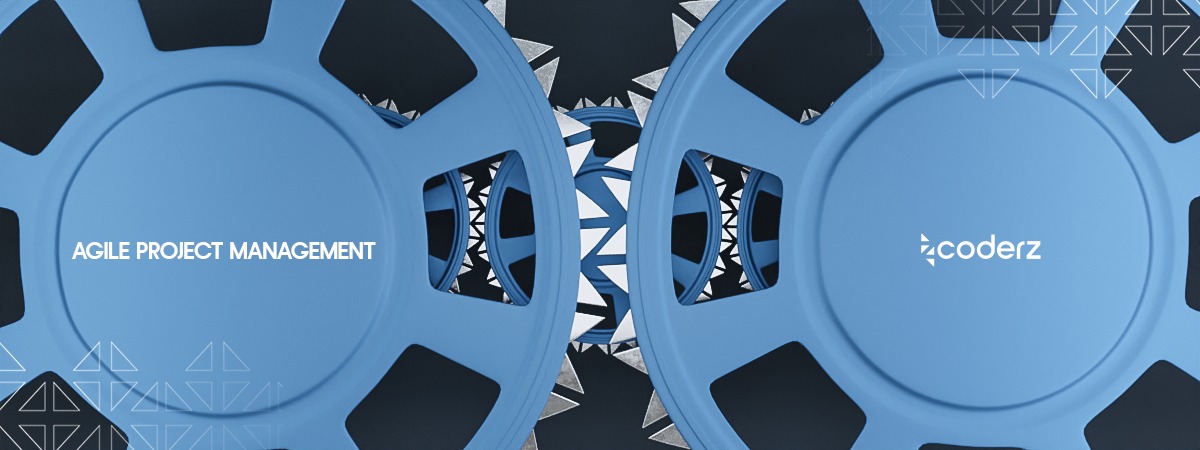Agile: The Future of Project Management
Discover Agile: its evolution, benefits, & how it compares to traditional methods. Join Zcoderz in the future of project management.
Management has undergone profound changes in recent years. Today's managers must demonstrate adaptability and flexibility to meet new challenges. Out of all the approaches, traditional and agile methodologies are often pitted against each other. Agile has taken the world of project management by storm in recent years. But what is Agile? Zcoderz invites you to discover what sets Agile apart from other traditional methods.
What Is Agile Project Management?
Agile is a project management approach that emphasizes adaptable iterative design and sets standards and collaboration in software development projects. Agile enables teams to adjust and deal with changes and problems as they occur rather than adhering to a rigorous, fixed plan. This approach has shown to be most effective in the quickly evolving technological world.
Agile project management consists of a series of tasks that are developed, carried out, and adjusted as needed. The agile methodology makes it smoother to deliver projects quickly, collaboratively, and within the deadline, ensuring that feedback can be quickly responded to and that responsive modifications can be made at each stage of a sprint or product cycle.
Therefore, "agility" in the context of project management comprises five key features that form the basis for the Agile process:
1. Transparency
Transparency enhances accountability, encourages teamwork, and lessens the likelihood of a project-killing issue by giving everyone a comprehensive understanding of the project.
2. Customer Focus
Customer focus provides people with a solid foundation as they navigate toward their goals, even in the face of ambiguity and unpredictability.
3. Adaptability
Agile emphasizes quick development cycles, several iterations, continuous improvement, and the flexibility for changes to be made as the project proceeds. A developing plan from beginning to end that considers goals, values, risks, limits, feedback, and the results of reviews is exactly what is meant by "adaptive planning."
4. Sense of Ownership (Effective Leadership)
Taking full responsibility for a product, application, or other subject is what is meant by a sense of ownership. That entails taking complete responsibility for any technical or functional parts of your product and acting as the owner of the solution.
5. Continuous Improvement
Agile development's focus on continuous improvement ensures that teams achieve both short-term success with the methodology and long-term process success. It works well to increase the flexibility of the entire company.
The Importance of Agile Project Management
Agile decreases risk and enables a better result since it breaks the project up into phases with clearly defined objectives and activities. After that time has passed, the team will get together to review and reevaluate what needs to be done to advance the project toward success.
Agile techniques are excellent for usage in dynamic companies, such as software development and video game development, where there is a possibility of evolving or changing requirements.
Traditional vs. Agile Project Management Methodologies
Agile project management is an increasingly popular method for managing complex projects in the modern workplace.
Agile methodology emphasizes an iterative and incremental approach to project management, with an emphasis on collaboration, flexibility, and continual improvement.
Agile approach stands in stark contrast to the traditional project management approaches, which often rely on a strictly linear, sequential of project phase process, with a predetermined set of milestones and deliverables that must be met for the project to be considered a success.
Both approaches have their benefits, Agile project management offers several advantages over traditional project management, especially in cases where the project involves rapidly evolving requirements, or when the team must be able to quickly adapt to changing circumstances.
Agile also encourages a more collaborative approach to project management, which can lead to increased job satisfaction and better communication between team members. Overall, the Agile project approach is an effective framework for managing complex projects and can be a powerful tool for organizations looking to improve their project management capabilities.
In Summary
Finally, to wrap things up, An Agile project management is a well-liked and quickly growing methodology for handling complicated projects. It is characterized by its adaptability, flexibility, and user-centric approach to problem solving. Due to its flexibility, it not only promotes better teamwork but also opens the door for better results.

